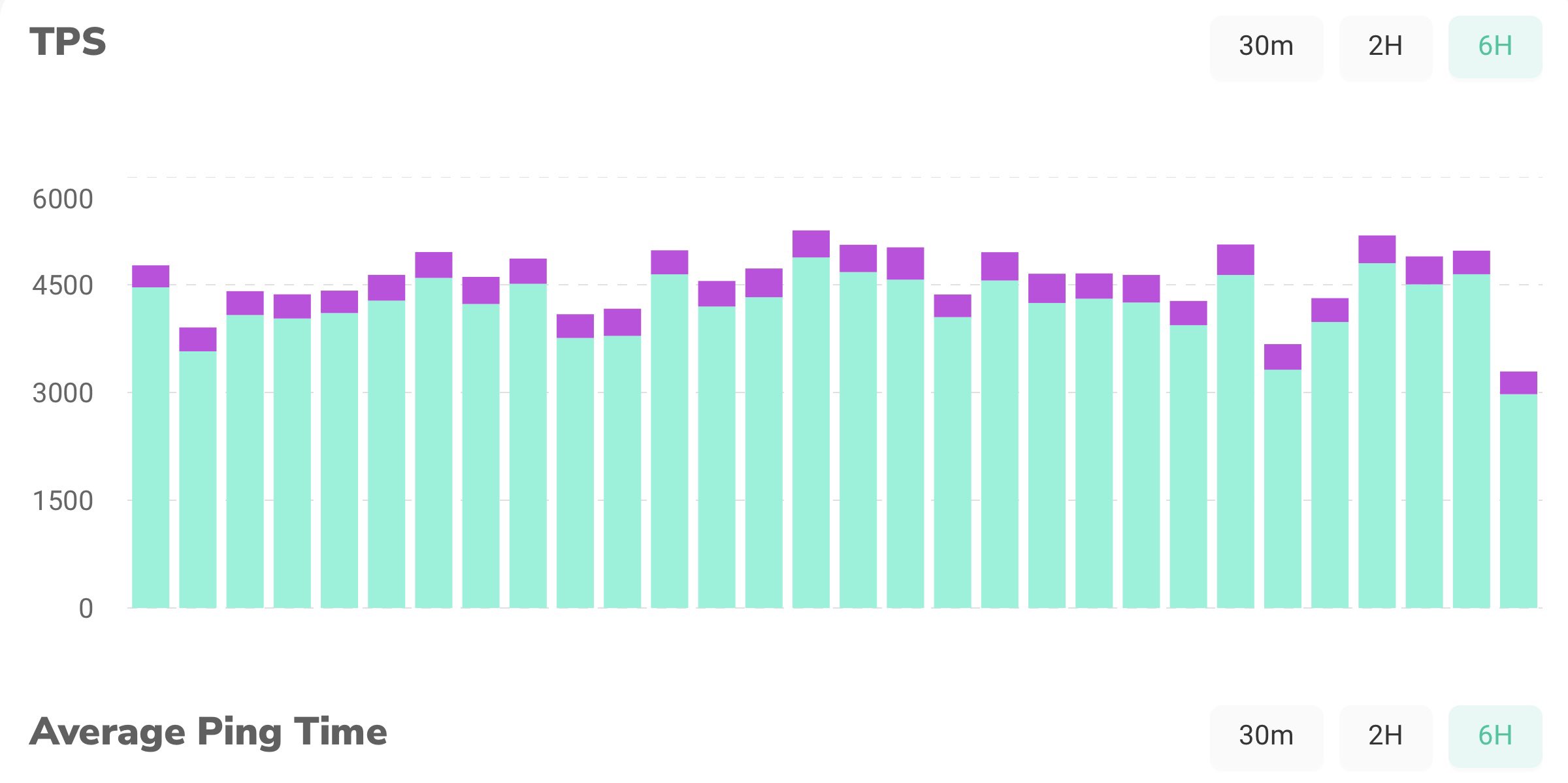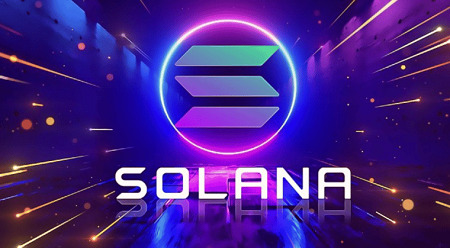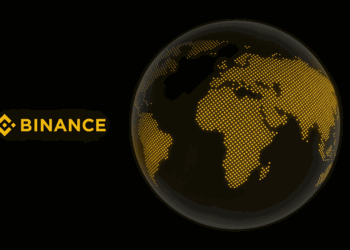Anatoly Yakovenko, the co-founder of Solana Labs, has debunked claims that the network outage experienced by Solana’s network was due to an excessive volume of validator messages, coupled with its on-chain voting system, which clogged its consensus layer.

In a post on its website on February 27, 2023, Solana Foundation confirmed that a network outage started on February 25 and persisted until February 26. According to Solana, its Mainnet Beta experienced a significant performance degradation that led to the validator community opting for a network restart. The validator node automatically entered a vote-only mode, and the network was unable to process user transactions.
Although the root cause of the network outage has not yet been determined, the blockchain’s developers, with the help of the validator community, recommended a network restart. Additionally, the validator community decided to downgrade to the previous stable release, v1.13.6, which was enough to restore the network to process transactions.
In response to the network outage, a Twitter user with the username DBCryptoX highlighted the design flaws that caused the outage on the Solana network. He claimed that one of the many problems with Solana is that it handles consensus on-chain. The user (DBCryptoX) faults Solana and other chains that handle their consensus on the chain, as this translates to validators communicating on-chain (as transactions).

Using the graph above to illustrate his point, DBCryptoX claimed that validators communicating on the chain inflated the transaction volume and transaction per second (TPS), and just the tiny pink part of the graph represented the actual transactions, while the larger part represented validators’ messages or votes.
DBCryptoX concluded saying that the validator messages bug down the system, and recommended that validators communications be taken off-chain and done on Discord instead.
1/Yesterday #Solana had another 20 hour outage ????
Just one of about a dozen times the ⛓️ has gone down. But why? ????
All part of a massive design flaw that I will try to break down in this ????
So let’s get into it… pic.twitter.com/KmeUPnnlZJ
— DBCryptoX ⚡️ (@DBCrypt0) February 26, 2023
While the tweet gathered many reactions and engagements, Anatoly Yakovenko responded by saying the thread and other threads he had seen discussing the outage were based on “pure ignorance.” He further explained that the more nodes in the quorum, the more messages the network can handle. He clarified the messaging concept by saying, “Quadratic messaging means that if you have N nodes, each node has to receive at least N incoming messages and send at least N outgoing messages. So the total messages on the network are N^2.”
He further stated that ~3,000 node networks like Solana would do 9 million messages. He also explained that the votes provide an exceptional level of security, high throughput, and low fees simultaneously.
Why are votes transactions? Every thread that I’ve seen that talks about this comes form pure ignorance.
Classic BFT consensus requires quadratic messaging overhead.
The more nodes you have in the same quorum, the part of the network that agrees on the state, the more messages… https://t.co/8lOhICb8mn
— toly ???????? (@aeyakovenko) February 27, 2023
If you would like to read more news articles like this, visit DeFi Planet and follow us on Twitter, LinkedIn, Facebook, Instagram, and CoinMarketCap Community.
“Take control of your crypto portfolio with MARKETS PRO, DeFi Planet’s suite of analytics tools.”





















